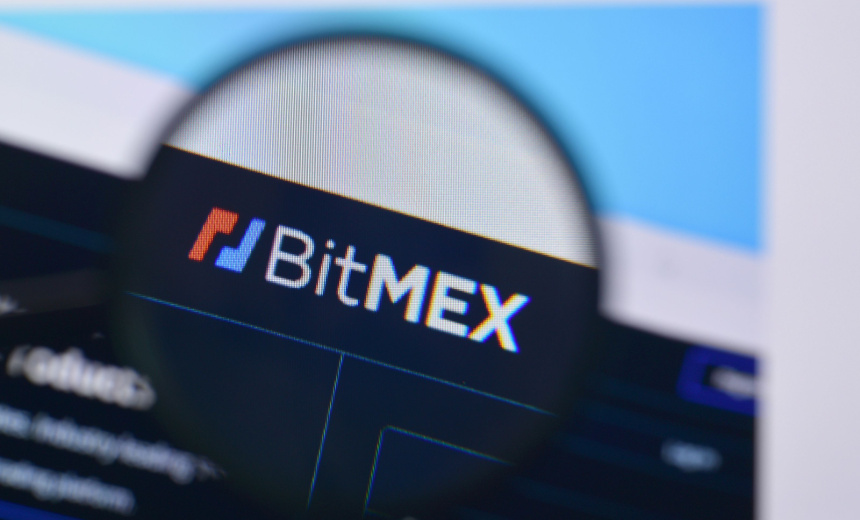Blockchain & Cryptocurrency
,
Cryptocurrency Fraud
,
Fraud Management & Cybercrime
Cryptocurrency Exchange Platform ‘Willfully Flouted US Anti-Money Laundering Laws’

A global cryptocurrency exchange pleaded guilty Wednesday to willfully flouting U.S. anti-money laundering laws while serving as one of the leading cryptocurrency derivatives from 2015 to 2020.
See Also: OnDemand | NSM-8 Deadline July 2022:Keys for Quantum-Resistant Algorithms Implementation
The U.S. Department of Justice said HDR Global Trading Limited, otherwise known as Bitcoin Mercantile Exchange or BitMEX, pleaded guilty to violating the Bank Secrecy Act and flouting U.S. legal requirements to become “a vehicle for large-scale money laundering and sanctions evasion schemes.”
FBI acting Assistant Director in Charge Christie M. Curtis said the company failed to comply with anti-money laundering procedures such as “know your customer” components that help prevent the exploitation of financial institutions and ensure the integrity of the U.S. financial system.
The Justice Department said corporate executives at BitMEX “took affirmative steps” to avoid complying with anti-money laundering program requirements “despite knowing of BITMEX’s obligation to implement such programs by operating in the United States.”
Arthur Hayes, Benjamin Delo and Samuel Reed founded BitMEX in 2014, and Gregory Dwyer became its first employee a year later, according to the Justice Department. One count of violating the Bank Secrecy Act carries a maximum sentence of five years in prison.
Dwyer pleaded guilty in 2022 to violating the Bank Secrecy Act and agreed to pay a $150,000 fine amid a crackdown on the exchange platform (see: Fresh Guilty Plea Follows Crackdown on BitMEX Exchange). Prosecutors described the exchange at the time as a money laundering platform that pretended to exit the U.S. market in 2015 to avoid having to comply with anti-money laundering and KYC requirements.
The Justice Department previously obtained criminal convictions against the three founders of the platform, who pleaded guilty to willfully violating anti-money laundering laws.
Regulators from the Commodity Futures Trading Commission in 2021 ordered the firm to pay a $100 million civil penalty for unlawfully accepting orders from U.S. customers and for not implementing a customer information program and KYC measures.
